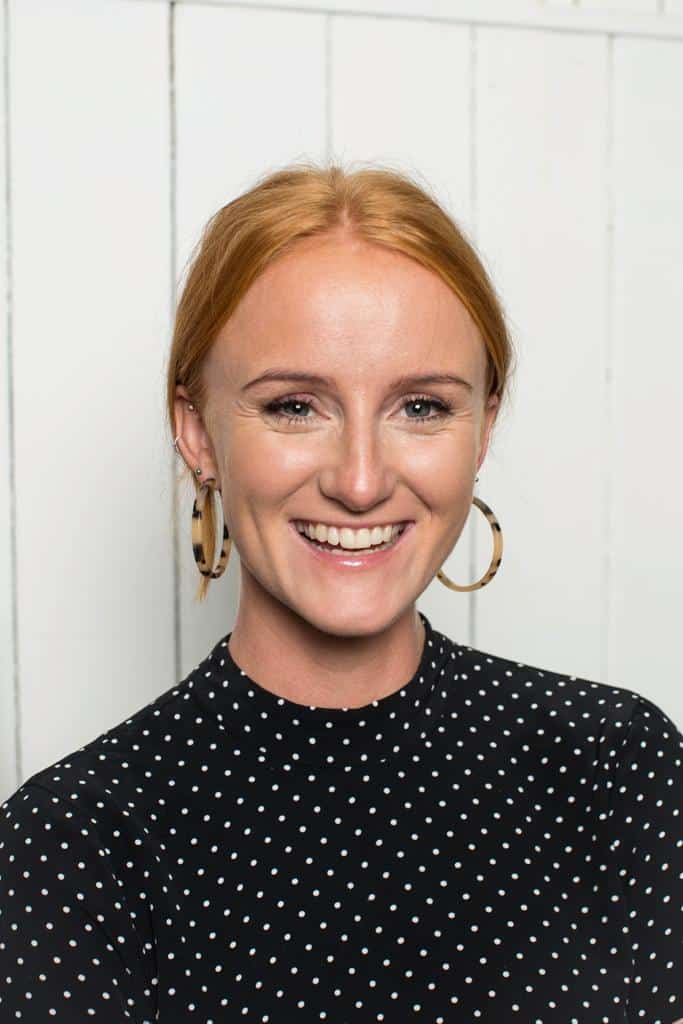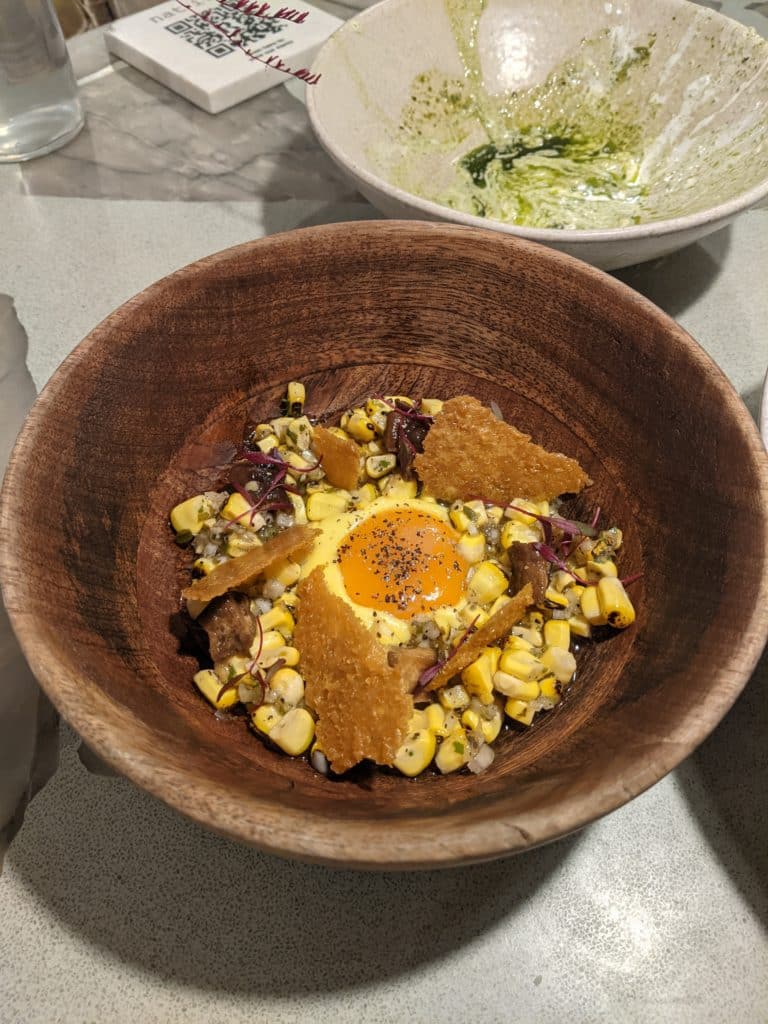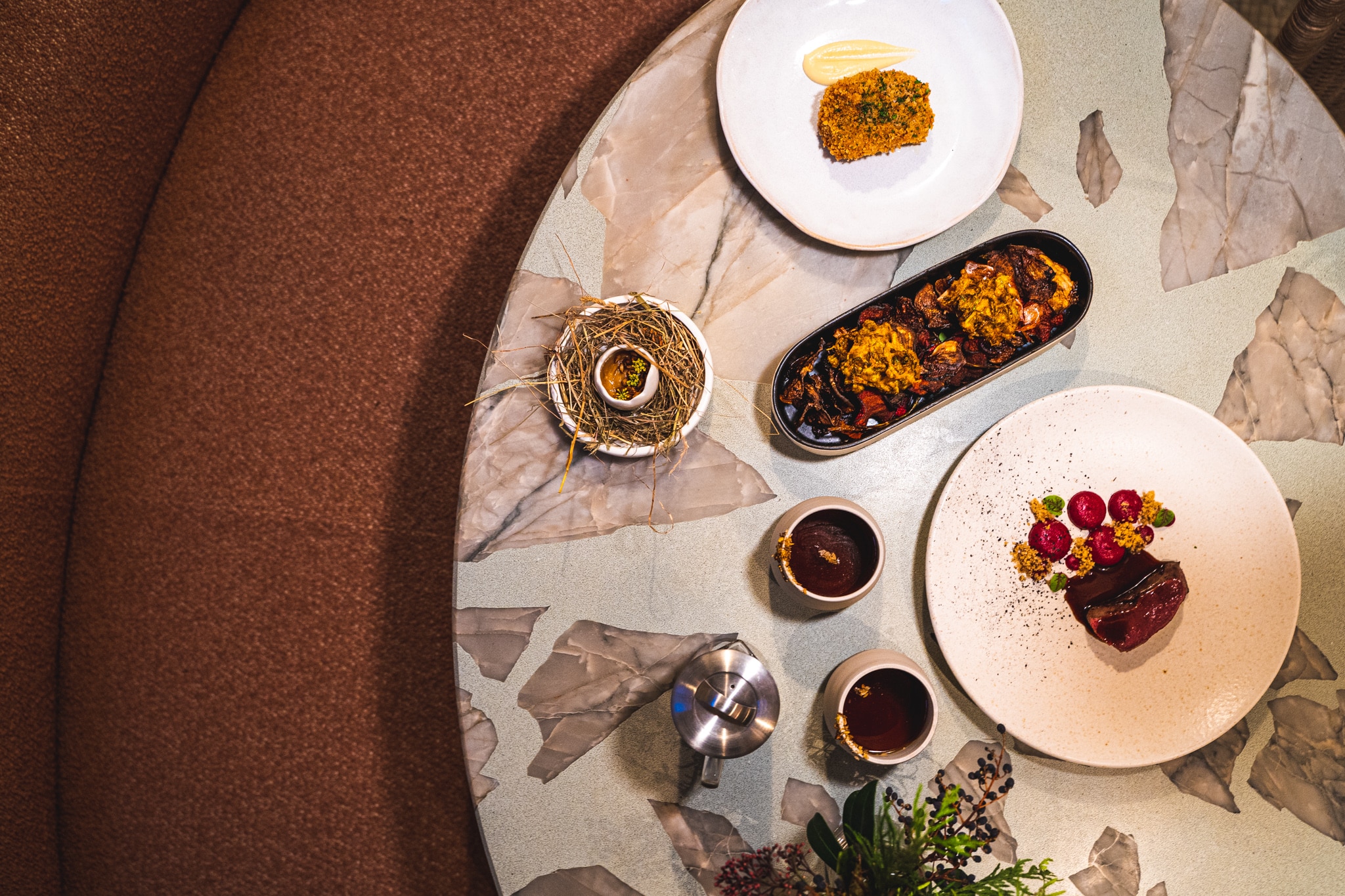Over lunch at Native’s new restaurant location, within the Browns fashion store in Mayfair, co-founder Imogen Davis tells Nina Pullman what goes into sourcing sustainable, often wild ingredients and how to spot a sustainable menu.
Wicked Leeks (WL): What are the practicalities involved in supplying a restaurant like Native, sourcing wild food?
Imogen Davis (ID): We deal with small-scale producers and suppliers. We met a lot of people working at the London farmers’ markets selling jams and chutneys, so we started building those relationships there. We were tested in the very first week or two, because it was really bad weather and none of our game dealers could get hold of anything. And then we got a delivery of rabbits, to make rabbit dumplings, and they arrived with a Belgian stamp on. It was one of the first bits of game we could get hold of and it wasn’t English. We sent it back. It was not having any traceability and not knowing where it came from.
WL: How important is sourcing to you?
ID: I used to be in tears because the fisherman didn’t go out because the weather was too bad, or his van broke down, but then it becomes the story – we can tell customers that we don’t have fish because ‘as you can see the weather is wild. But look at all the amazing dishes that highlight this vegetable’. My expectation of what I thought a restaurant should be was that you have a meat, a fish and a veg, and a huge selection, but actually that wasn’t what we wanted. We would have had to deal with someone we hadn’t dealt with before and we couldn’t necessarily determine how it had been sourced.

WL: What’s your background?
ID: I’m one of six children so we were always catering a party or something; mass catering on a daily basis. So I grew up immersed in food, and we didn’t have a lot of money so it was a case of using everything. We just wouldn’t throw anything away. We’d have one piece of meat every three weeks, and it would be a Sunday roast. And we’d know it came from a good source. We’re sitting in Mayfair right now, but I didn’t come from that. It was a choice my parents made to prioritise food and utilise all of it.
WL: What is your view on the price of sustainably-sourced food?
ID: We want our tasting menu to be accessible to everybody and it’s charged at £65 a head, and we constantly get told by our customers that it should be more expensive. I hate that food can be seen as inaccessible to people. Michelin, and others like that, feel really elitist and I find that distasteful with food because we all need food to survive. £65 is still a lot of money and it would be a special occasion. But the point is we would then take cheaper ingredients or use the whole ingredient to get more out of it, though you have more labour costs, to hit that £65 price point.
WL: Is it more expensive to run a restaurant like this, based on wild foods? How many suppliers do you have?
ID: We use Shrub, which has one distribution hub and go and collect [ingredients]. Ivor’s parents, my parents, anything they’ve got in the garden that is excess they bring in – and anyone who works for us, any excess they have they bring in. Foraging is obviously a brilliant avenue as it’s so much of our identity.
WL: Have you got a baseline certification or requirement for sustainability among suppliers?
ID: A lot of them have to be striving be organic, or biodynamic – personally I’d love for that to be our baseline. So organic or biodynamic always, and that goes for our wines as well. Smaller ones that are trying to reach that, we’d also consider. For wild, I definitely think wild food is great but it’s knowing that it’s sourced from a good place. When we first opened in Neal’s Yard, we had wood pigeon kebabs as our signature dish. We had our environmental health inspection, and they said we had to take pigeon off the menu. These were from Lincolnshire from a game dealer, but because it didn’t have a factory farm stamp, and the way that we cooked our pigeon was slightly under, they said because it didn’t have full traceability of where this pigeon had been at all times, unless we were going to fully cook it then we wouldn’t be allowed to continue. So we changed the cooking style. We bring it back every now and then. It’s playful and it’s fun – and that’s what food should be.
WL: Where did you source your squirrel from?
ID: So the squirrel was from the Forest of Dean. It went absolutely wild – though it wasn’t intended to be a PR stunt. Meat is meat – I don’t think you should have some attachment to a squirrel because it’s cute and has a fluffy tail, versus a chicken that goes through the most horrific welfare standards. They’re being culled in the Forest of Dean because they’re pests. So we took it on and that’s where the dish came from. If they’re poisoned it has a much worse effect on the environment.
WL: How did you come across it? What’s it like to eat?
ID: It was one of our suppliers who said ‘we have grey squirrel’. You just braise it and it’s kind of like rabbit. We don’t hang our game for ages – people have quite a stuffy image of game – but actually it doesn’t need to have that strong, funky flavour. So we did that with the squirrel and it went all over the world. As much as it was great, some people gave us zero stars on Google. As a business, you’re really reliant on that and we went from having five stars because we literally hand-held every guest through the Native experience to being absolutely whacked by people who had never been. I would cook it again but it’s actually really hard to get hold of. It’s the abattoirs that are the issue – people will shoot them but you need a different licence in the abattoir.
WL: What percentage of your menu is wild, compared to grown or farmed?
ID: It varies, but all of our dishes have to have a wild element on them. A lot of the time our menu will be more veg focused. At Christmas last year, we had no meat on the menu at all, or the meat was a garnish rather than the main focus.

WL: Do you think restaurants should have to show proof of origin of their food?
ID: I really do. You have Soil Association or something like that, but there’s nothing [for restaurants]. I 100 per cent know that some places say they do this and this, and I know it not to be true.
WL: What do you think the red herrings are, without naming names?
ID: You would just ask for more information. But then I feel guilty as everyone’s got this staffing crisis and it’s really difficult to educate everyone. the whole point is that if you ask anyone on any day, they’ll have a favourite dish. General questions like that, or maybe ask do you know where this farm is or have you ever been there? And just get into dialogue, and you’ll get so much of a better experience that way anyway. That’s the same for things like wine and cocktails as well.
WL: If you could change one thing about the food industry, what would it be?
ID: I think it would be the supermarkets not stocking things all year round. Don’t give me a strawberry that doesn’t taste of a strawberry, or Kenyan green beans all year round.
WL: How difficult is it to be a sustainable restaurant?
ID: We’re not a big buyer, so when we ask for our fish not to be delivered in polystyrene boxes they won’t listen to us. So then we change supplier, who brings them in reusable boxes and decants them for us. It’s a whole full-time job to source these things. It’s constant and feels like an uphill struggle. Or sometimes you might get courgettes from Italy, when I know there’s a glut in England. All we are trying to do as a business, and as a restaurant, is make conscious decisions. And we’ll definitely make mistakes, but it’s about being able to correct it.









0 Comments